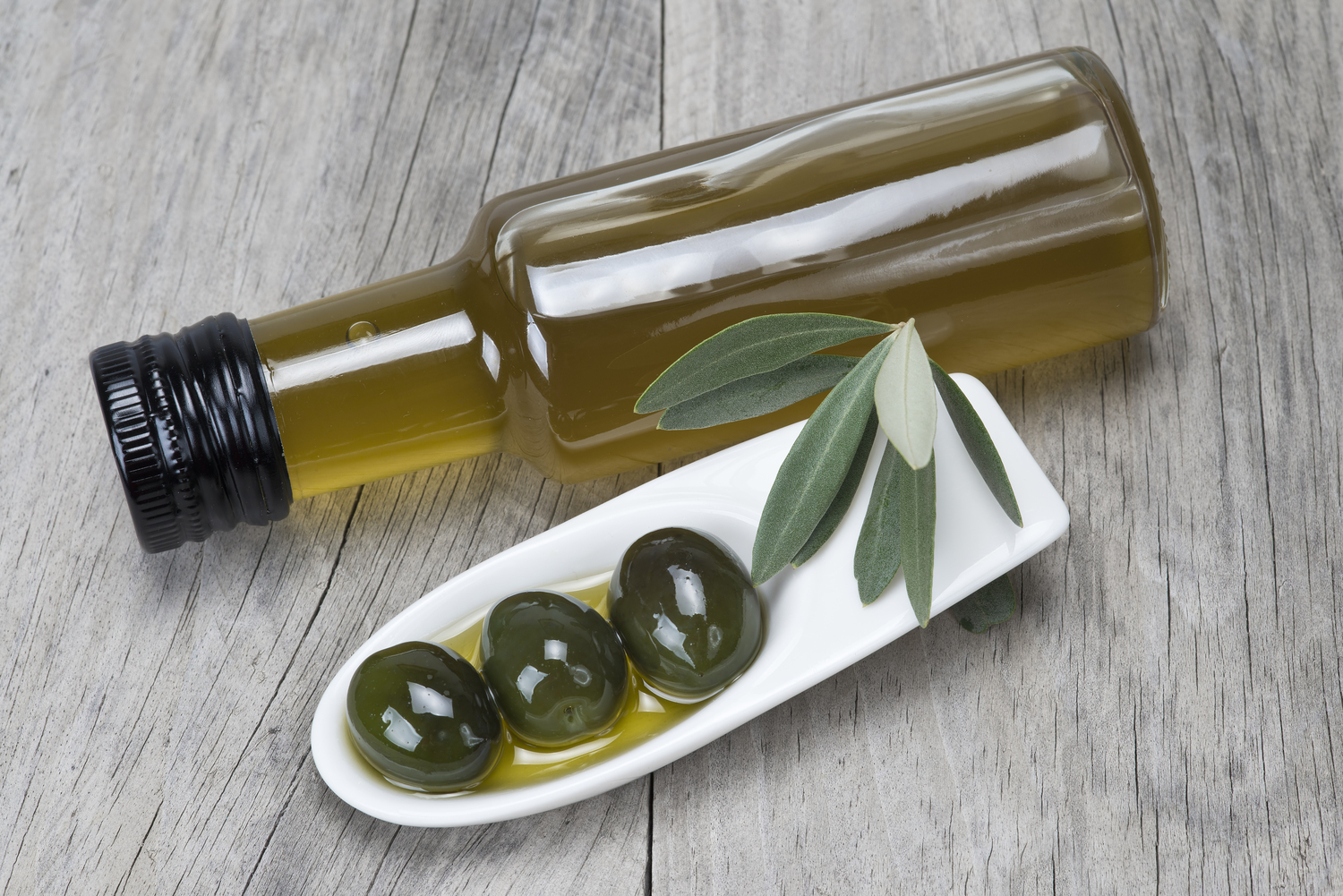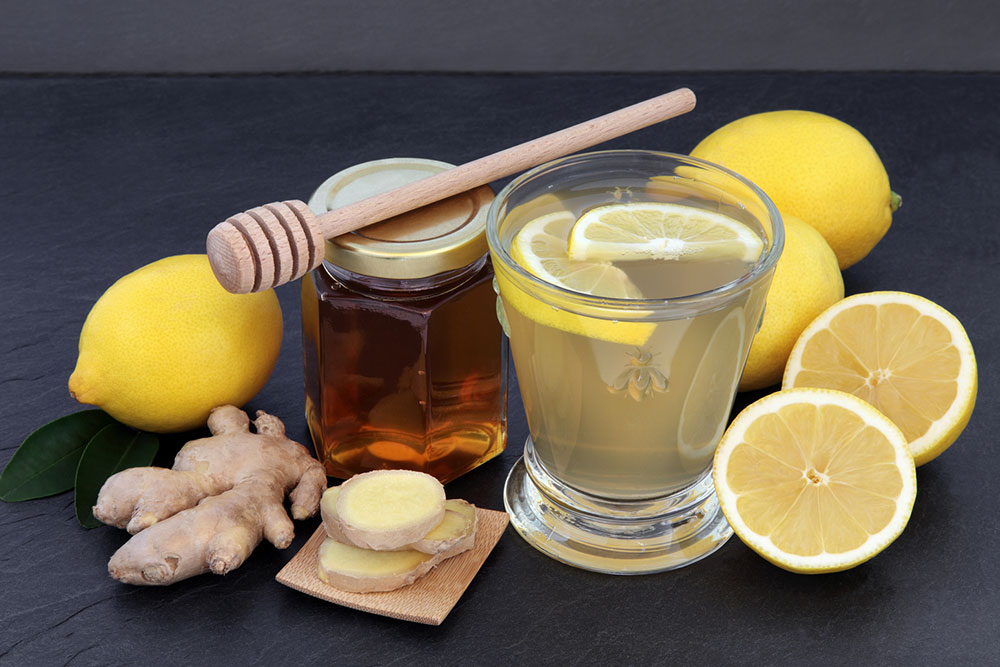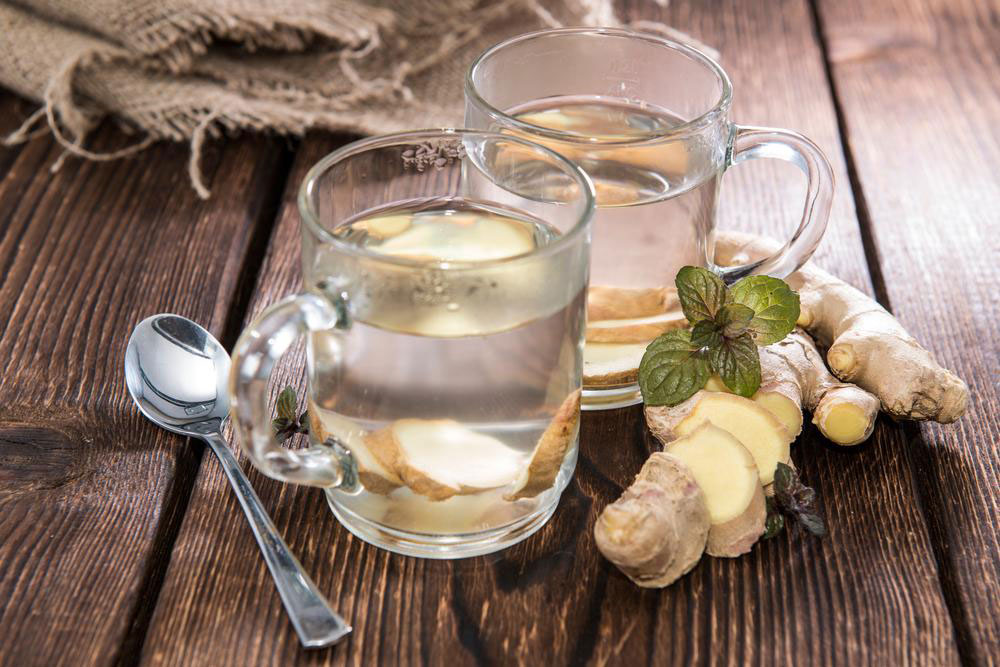Comprehensive Natural Remedies for Managing Arthritis Symptoms
Explore over 15 comprehensive natural remedies for arthritis relief, including dietary tips, herbal supplements, physical therapies, and lifestyle changes. Learn how safe, effective, and scientifically-supported approaches can help reduce joint pain, inflammation, and stiffness, empowering sufferers to improve their quality of life naturally and holistically.

Comprehensive Natural Remedies for Managing Arthritis Symptoms
Arthritis is a prevalent chronic condition characterized by inflammation of the joints. This inflammation causes swelling, tenderness, stiffness, and significant pain, often limiting mobility and adversely affecting the quality of life. According to recent statistics, approximately 58.5 million adults in the United States are affected by various forms of arthritis, placing a substantial burden on healthcare systems and contributing to work-related disabilities. While conventional medicine offers certain treatments, many individuals seek natural solutions to manage symptoms effectively and improve their daily functioning. In this comprehensive guide, we explore a variety of natural remedies and lifestyle practices that can help alleviate arthritis symptoms, emphasizing safe and effective approaches backed by traditional use and scientific research.
Although there is no complete cure for arthritis, a combination of dietary changes, herbal supplements, topical applications, and physical activity can significantly diminish symptoms such as pain, swelling, and stiffness. It is essential to consult healthcare professionals before starting any new treatment regimen, especially if symptoms persist or worsen.
Understanding Natural Remedies for Arthritis
Natural remedies aim to reduce inflammation, enhance joint health, and promote overall well-being. They often complement conventional treatments, providing a holistic approach to managing this chronic condition. Below, we explore some of the most effective natural solutions that have stood the test of time and scientific scrutiny.
Mustard Seeds and Mustard Oil
Mustard seeds, a staple in South Asian cuisines, are renowned not only for their flavor but also for their medicinal properties. These small seeds are rich in vital nutrients like magnesium, selenium, and omega-3 fatty acids, which contribute to anti-inflammatory effects. Applying warm mustard oil to affected joints can stimulate circulation, generate warmth, and relieve stiffness and pain naturally. Regular massage with mustard oil can also help improve joint flexibility over time.
Mustard seeds belong to the Brassica genus and come in various colors, including yellow, brown, and black. Their anti-inflammatory compounds are effective in reducing joint discomfort, making them a valuable addition to an arthritis management plan. Incorporating mustard seeds into meals or using mustard oil topically can provide ongoing natural relief.
Turmeric - The Golden Anti-Inflammatory
Turmeric, with its vibrant yellow color, is a culinary spice highly valued in South Asian cooking. Its active compound, curcumin, possesses potent antioxidant and anti-inflammatory properties. Numerous studies suggest that curcumin can help lessen arthritis-related pain and reduce joint swelling. Regular consumption of turmeric—either as a spice in dishes, a supplement, or a tea—may offer significant symptom relief and support joint health.
Extra Virgin Olive Oil
Extra virgin olive oil is not only a healthy dietary oil but also a natural remedy for joint pain. It contains oleocanthal, a plant compound that mimics the action of non-steroidal anti-inflammatory drugs (NSAIDs). Its antioxidant-rich profile helps neutralize free radicals, which cause oxidative stress and worsen inflammation. Incorporating olive oil into your diet—such as in salads, marinades, or cooking—can provide continuous anti-inflammatory benefits. Using it as a substitute for butter or other less healthy fats is an easy way to support joint health.
Frankincense – Ancient Remedy for Joint Pain
Derived from the Boswellia tree native to North Africa and the Middle East, frankincense has been used for centuries to treat inflammatory conditions, including arthritis. Its active constituents, boswellic acids, have anti-inflammatory properties that can help reduce knee and other joint pains associated with arthritis. Frankincense oil can be applied topically after dilution, or taken as a supplement, to help manage symptoms effectively.
Myrrh – Soothing Anti-Inflammatory
Myrrh, obtained from the bark of the Commiphora mukul tree, has long been valued for its medicinal properties. It contains compounds that exert anti-inflammatory effects, making it beneficial in easing joint discomfort. Applying salves with myrrh or using it as an herbal supplement can help reduce swelling and improve joint mobility.
Aloe Vera – Natural Anti-Inflammatory Wonder
Aloe vera, a plant known for its healing properties, has been traditionally used for joint inflammation. Topical application of aloe vera gel directly on swollen or painful joints can help soothe inflammation and promote healing. Consuming aloe vera juice or taking dietary supplements may also support internal anti-inflammatory effects, with fewer gastrointestinal side effects than some conventional medications.
Tart Cherries – Nature’s Pain Blockers
Tart cherries are rich in anthocyanins—powerful antioxidants known to block pain signals and reduce inflammation. Regular intake of half a cup of tart cherry juice or about 8 ounces of cherry juice daily can significantly diminish arthritis symptoms, especially in rheumatoid arthritis patients. Their natural anti-inflammatory action can help reduce joint swelling and stiffness.
Pineapple and Bromelain
Pineapple contains bromelain, an enzyme with strong anti-inflammatory properties. Bromelain helps in breaking down inflammatory compounds and reducing swelling and pain in joints. Supplements ranging from 500 to 2000 mg of bromelain daily can effectively decrease joint inflammation and improve mobility in arthritis sufferers.
Licorice Root
Derived from the Glycyrrhiza glabra plant, licorice contains glycyrrhetinic acid and glycyrrhizin, compounds known for their anti-inflammatory qualities. Licorice can be consumed as a tea, in supplement form, or as topical gels. Proper dosage should be observed, as excessive intake may have adverse effects on blood pressure and electrolyte balance.
Massage Therapy for Arthritis Relief
Regular professional massages, when performed by trained therapists, can significantly decrease stress hormones like cortisol, which exacerbate inflammation. Massage therapy over an extended period—often about eight weeks—can lead to measurable reductions in pain, stiffness, and improvements in joint function. Techniques such as Swedish massage or lymphatic drainage may be particularly beneficial.
Yoga and Gentle Exercise
Yoga, an ancient practice combining physical postures, breathing exercises, and mindfulness, provides a gentle way to enhance flexibility and joint mobility. Adaptive yoga techniques tailored to individual limitations can help reduce stiffness and improve circulation. Consulting with a knowledgeable instructor ensures safe practice, especially for those with arthritis. Regular yoga sessions can also reduce stress and promote mental well-being, which is crucial for chronic condition management.
Incorporating Lifestyle Changes for Long-Term Management
Besides direct remedies, adopting a healthy lifestyle by maintaining a balanced diet, staying physically active, managing weight, and reducing stress can greatly influence arthritis outcomes. Staying active with low-impact exercises like swimming or walking preserves joint function and minimizes stiffness. Maintaining a healthy weight reduces stress on weight-bearing joints, especially knees and hips. Mindfulness and stress reduction techniques improve mental health, aiding overall symptom control.
Conclusion
While arthritis can be a challenging condition to manage, utilizing a combination of natural remedies, lifestyle modifications, and professional guidance can make a significant difference. From dietary supplements like turmeric and ginger to physical therapies such as massage and yoga, a holistic approach tailored to individual needs can improve quality of life. Always consult healthcare providers before initiating new treatments, especially when combining multiple approaches, to ensure safety and maximize benefits. Embracing these natural strategies can empower those with arthritis to live healthier, more comfortable lives.





